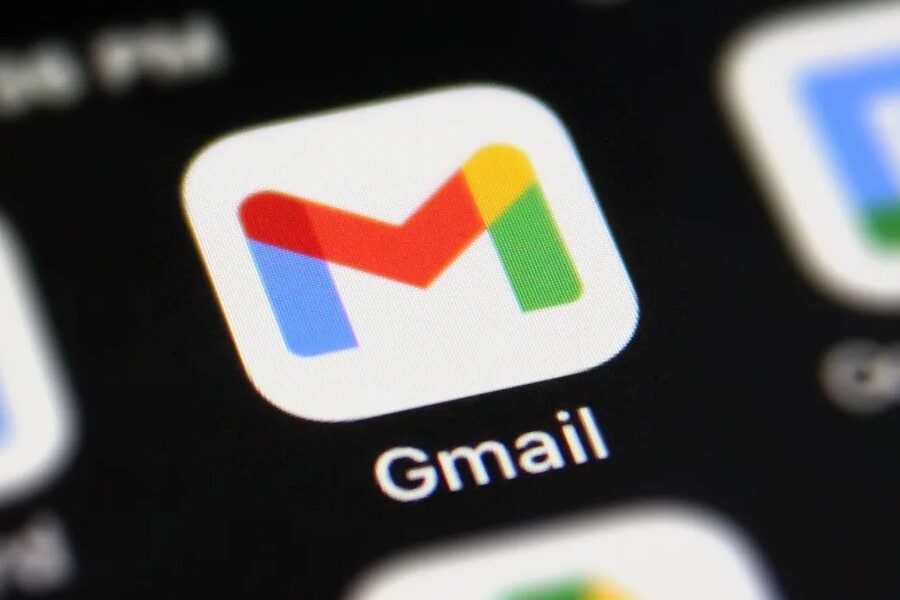Google is rolling out a major update to Gmail that leverages artificial intelligence to improve how users search for emails. Announced Thursday, the new AI-powered search system will now prioritize email results based on relevance rather than simply displaying them in reverse chronological order, which has been the default for years.
The upgrade aims to make email searches faster and more accurate by considering several factors such as recency, user interaction with specific messages, and frequency of communication with certain contacts. According to Google, the system will push the most useful emails to the top of the results page, rather than just the most recent ones.
“With this update, the emails you’re looking for are far more likely to be at the top of your search results — saving you valuable time and helping you find important information more easily,” the company said in an official blog post.
As part of the update, Gmail is also introducing a toggle feature that allows users to switch between viewing the “Most relevant” or “Most recent” emails on the search results page. While relevance will be the new default view, the toggle provides flexibility for users who prefer the traditional chronological order.
The feature is now being deployed globally across personal Gmail accounts on the web and mobile apps for Android and iOS. Business and enterprise users with Google Workspace accounts will gain access at a later date, though Google has not specified when.
The update reflects Google’s ongoing investment in AI technologies across its suite of applications, including Gmail, Docs, Search, and Android. It also underscores the company’s commitment to maintaining Gmail’s competitive edge against rivals like Apple’s Mail app, which saw significant improvements in iOS 18.
The new search system complements other recent enhancements to Gmail’s functionality. Earlier this year, Google introduced Gemini-powered features that allow users to perform tasks such as adding events to their Google Calendar directly from an email. The company also rolled out “summary cards” that enable users to track shipments, check in for flights, set reminders, and manage bills without leaving their inboxes.
These additions are part of Google’s broader strategy to transform Gmail into a smarter, more dynamic hub for communication and productivity. As email inboxes become increasingly overloaded, users are demanding better ways to manage and retrieve information.
Until now, Gmail’s search capabilities were largely keyword-based and sorted results chronologically. While effective in many cases, the method often left users scrolling through pages of emails to find a specific message. The new AI system aims to address that by understanding context, patterns of user behavior, and interaction history.
For example, if a user frequently clicks on emails from a specific contact or consistently opens newsletters from a certain sender, Gmail’s AI will factor that into its ranking algorithm. Searches for keywords like “invoice,” “appointment,” or “flight” will now surface messages that not only match the term but also reflect the user’s habits and preferences.
The change is expected to benefit both casual and power users. Professionals who rely on email for project coordination and client communication may find it particularly helpful, as the new system can surface key emails faster. For everyday users, it reduces the frustration of having to dig through cluttered inboxes to find relevant information.
Despite the potential benefits, the shift may not sit well with everyone. Some users prefer the simplicity and predictability of chronological sorting. To address this, the new toggle feature ensures they can revert to the older view with a single tap.
While Google’s new AI-driven approach to email search is a technical leap forward, it also raises broader questions about user control and transparency. The company has not detailed exactly how the AI determines relevance or which data signals carry the most weight, which may lead to privacy concerns among some users.
Nevertheless, the move marks a clear step toward smarter, more adaptive digital tools. By incorporating artificial intelligence into a core feature like search, Google is positioning Gmail as a more intuitive, helpful, and personalized email experience.
As AI continues to redefine how users interact with technology, updates like this signal a future where communication platforms don’t just organize information—they anticipate users’ needs and deliver the most important content with minimal effort. Gmail’s AI-powered search is now setting that precedent.


